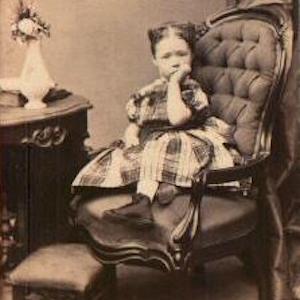Popular Culture

In Motion: The African-American Migration Project
In Motion: The African-American Migration Project portrays the history of 13 defining migrations that formed and transformed African Americans from the 16th century to the present.Society of the Friends of Blacks, "Address to the National Assembly in Favor of the Abolition of the Slave Trade" (5 February 1790)
The Society of the Friends of Blacks rested their case for the abolition of the slave trade on the Declaration of the Rights of Man and Citizen and the belief that political rights should be granted to religious minorities.
The Abolition of Negro Slavery or Means for Ameliorating Their Lot, 1789
The passage of the Declaration of the Rights of Man and Citizen, explicitly cited in this pamphlet, did not go unnoticed by those who favored abolition of the slave trade and eventual emancipation of the slaves.
Abbé Maury, "Speech," 23 December 1789
Although he himself came from a family that had been forced to convert from Calvinism to Catholicism by the Revocation of the Edict of Nantes in 1685, Abbé Jean–Siffrein Maury (1746–1817) made his reputation as a spokesman for the interests of the Catholic Church, the monarchy’s authority, and th
Clermont–Tonnerre, "Speech on Religious Minorities and Questionable Professions" (23 December 1789)
On 21 December 1789, a deputy raised the question of the status of non–Catholics under the new regime; his intervention started a long debate that quickly expanded to cover Jews, actors, and executioners, all of them excluded from various rights before 1789.

19th-century American Children and What They Read
19th-century American Children and What They Read is a website born of a passion for exactly that—material written for children, and occasionally by children, in the 19th century.
Children in Urban America
Children in Urban America (CUAP), focuses on children and childhood primarily in the greater Milwaukee area from 1850 to 2000.
The Atlantic Slave Trade and Slave Life in the Americas: A Visual Record
The images document the history of enslavement in West and West Central Africa, the English and French Caribbean, Brazil, and the United States.
Caribbean Views
The online collection is of extraordinary quality, both in terms of the scanned images and the contextual detail provided.